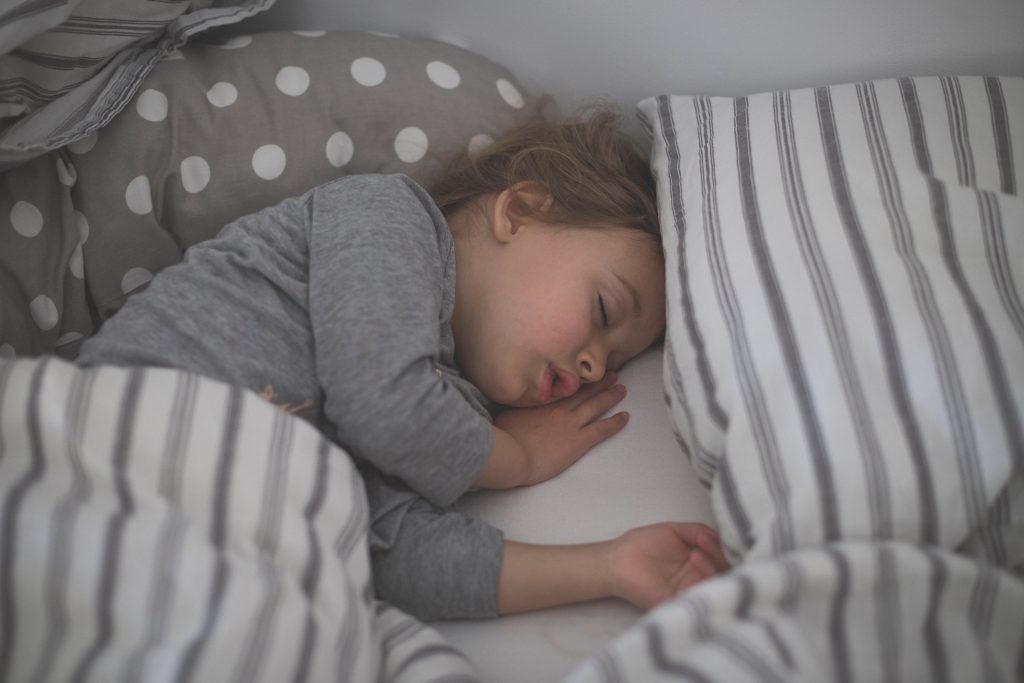
Sleep is an extremely important yet often neglected aspect of life. Not only does it influence our moods and health, but it also negatively impacts our short and long-term lives.
When you are awake at 3 a.m., dreaming about falling asleep seems impossible, but you have more control over getting a good night’s sleep than you may think. Many sleep disorders are caused by poor sleeping habits. Healthy sleeping habits can make a significant difference in the quality of your sleep. Researchers have identified a number of practices and habits to optimize sleep. These practices and habits are known as “sleep hygiene,” and they can help individuals optimize their sleep even when affected by insomnia, shift work, and jet lag.
Sleep hygiene may sound rather unimaginative, however, it is just what you need to get the right amount of sleep that you need in this era. Here are a few easy tips on how to make the sleep of your dreams a reality.
1. MAKE YOUR BEDROOM A SLEEP HAVEN
Quiet, dark, and cool surroundings are likely to enhance slumber.
To achieve this, use earplugs or a “white noise” device to reduce the amount of outdoor noise. Use blackout curtains, eye masks, or heavy curtains that block light. The presence of light is a powerful cue to tell your brain it is time to wake up. Maintain a temperature between 60 and 75 degrees Fahrenheit and ensure the room is well ventilated. Also, your bedroom should include comfortable Helix mattresses and pillows. Having the best mattress and pillow will make your sleep a hundred times better.
If your pet wakes you frequently at night, you may wish to consider keeping it away from your bedroom.
It might be beneficial to limit your bedroom activities to sleeping and sex only. Maintaining a physical separation between your bedroom and work areas will help strengthen your mental associations of sleep with your bedroom.
2. AVOID STIMULANTS
As any coffee lover will tell you, caffeine is a stimulant that keeps people awake. This means you should avoid caffeine predominantly found in coffee and tea, as well as products containing caffeine such as chocolate and some pain relievers. Likewise, smokers ought to refrain from consuming tobacco too close to bedtime. Other occupants in your home, especially kids, may also experience difficulty sleeping due to secondhand smoke experience.
Although drinking alcohol can induce sleep, it can also act as a stimulant after a few hours, leading to more awakenings and further reducing the quality of sleep. It is thus recommended that alcohol consumption be limited to no more than two drinks per day and that no drinking is done within three hours of going to bed.
3. MAINTAIN A CONSISTENT SLEEP SCHEDULE
A body’s internal clock is set to anticipate sleeping at a certain time each night when it goes to bed and wakes up at the same time each day. Keep your schedule as close as possible on weekends so you have no sleep hangover on Monday morning.
The most effective way to set your sleeping pattern is to wake up at a regular time each day, and even if you did not sleep well the previous night, the extra drive that wakes you up will help you sleep comfortably the following night.

4. USE LIGHT AS AN ADVANTAGE
You should be exposed as much as possible to natural light throughout your day. Sleep-wake cycles are regulated by natural light.
Research indicates that light wakes up the brain. That may explain why it is so hard to wake up in the morning during winter when it is still dark. In order to ensure a good sleep, let light flow into your room first thing in the morning.
5. EXERCISE EARLY
Sleeping more restfully will be promoted by working out at least three hours before going to bed.
However, you should remember that exercise encourages the production of cortisol, a stress hormone, which assists the brain in its alerting mechanisms.
If you work out right before going to bed, you might not be able to sleep for a while. It is best to exercise early in the morning, not only to maximize sleep but also to boost your metabolic rate.
6. EAT LIGHT DINNERS
A pepperoni pizza eaten at 10 o’clock in the evening might result in insomnia. Dinner should be finished several hours before bedtime and indigestion-causing foods should be avoided.
If you start feeling hungry during the night, snack on foods that do not disturb your sleep, such as dairy products or carbohydrates.
In conclusion, some of these suggestions will be easier to incorporate into your daily and evening routine than others. However, if you adhere to them, your chances of getting good sleep will increase. It should be noted, however, that not all sleep problems can be quickly resolved and could indicate the presence of a sleep disorder like restless legs syndrome, apnea, narcolepsy, or other clinical sleep disorders. If good sleep hygiene does not improve your sleep difficulties, you may wish to consult your physician or see a sleep specialist.
